
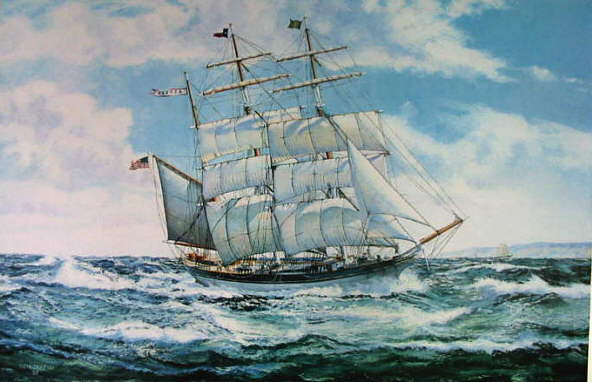
I’ve been doing some mind-blowing research on sailing ships lately (that I might put together in another post someday).
We usually consider steel-hulled steam or diesel turbine ships to be better and faster than the sailing ships of old. However, the only way that the world could have been discovered, mapped and settled was with sailing ships.
Steam ships wouldn’t have been able to do it. Not at all.
Take the China tea trade as the perfect example. When tea was first introduced to England, sailing ships were all there was, so there was two ways to get to China. Overland, through the highest mountain chains in the world, or by ship.
Ships from England had to sail around the tip of Africa, across the Indian Ocean, up through either Malaysia or Indonesia, and north to China.
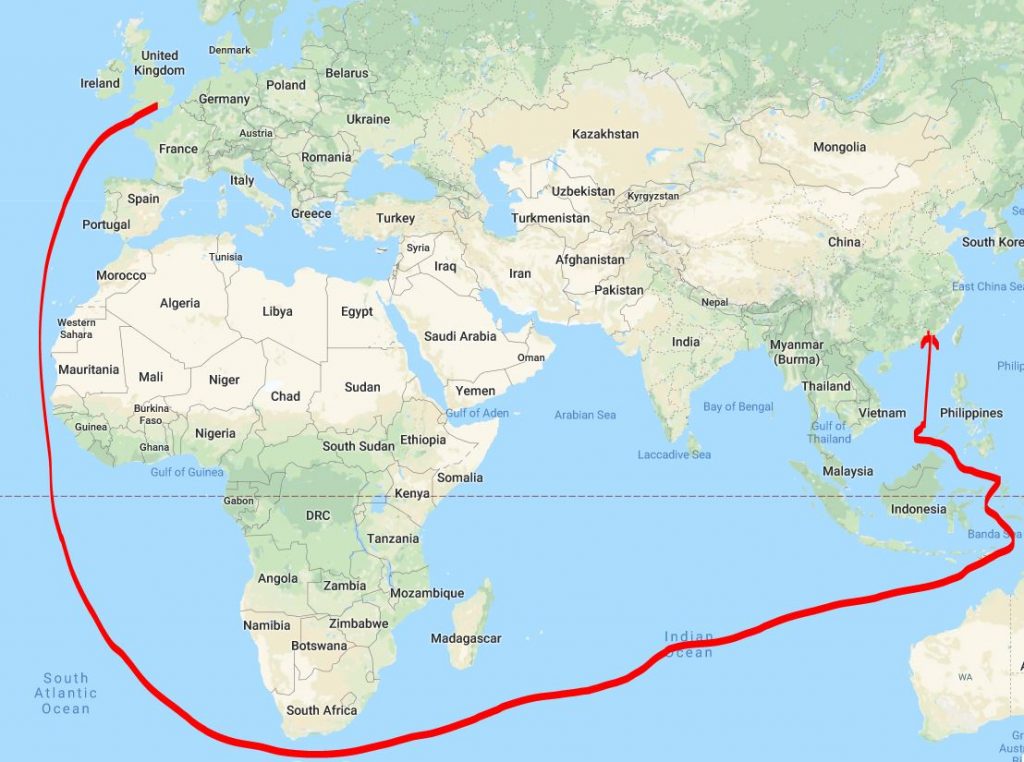
Ship captains could also choose to head west from Britain, down around the tip of South America, across the Pacific and up to China.
Either route was identical in mileage and hazards.
Ships risked the long voyage every year in order to bring back tea from the annual harvest in China, for the demand was fierce and the profits very good indeed.
Even when steam ships first came into general use in the early Victorian period, they could not compete with the tall ships and cutters that undertook the annual China tea route. Why? Once they took on enough coal to keep their steam engines running for the length of the voyage, they would have no room left to carry the tea.
Sailing ships, which required no fuel, could take passengers there and back, goods to sell in China, and bring tea back with them. It was a win all the way around for the tall ships.
These ships were able to undertake the long journeys to Australia and other remote locations, that the steam ships could not.
The situation may have remained that way throughout the Victorian period, until diesel-driven turbines were developed.
But something happened in 1869, that killed off the tall ship trade almost overnight.
The Suez Canal was opened.
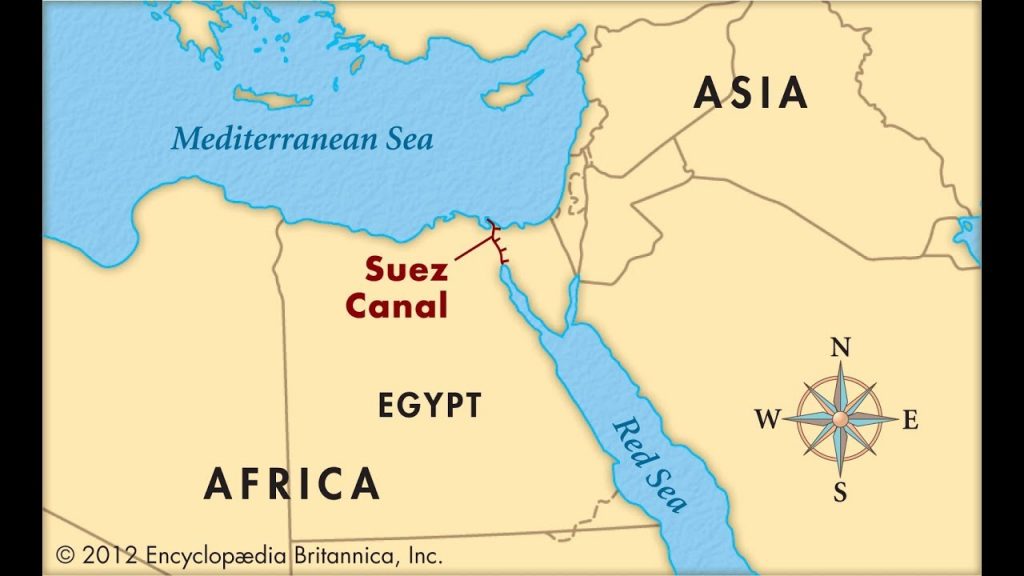 It’s a remarkeable feat of engineering for the period and is still mind-blowing today. Men carved from the earth a canal between two continents. Kinda staggering.
It’s a remarkeable feat of engineering for the period and is still mind-blowing today. Men carved from the earth a canal between two continents. Kinda staggering.
The images of the canal, with liners and cargo ships, military vessels of all sorts, chugging through the desert, are amazing.
The Suez Canal cut the route from England to China down by more than half.
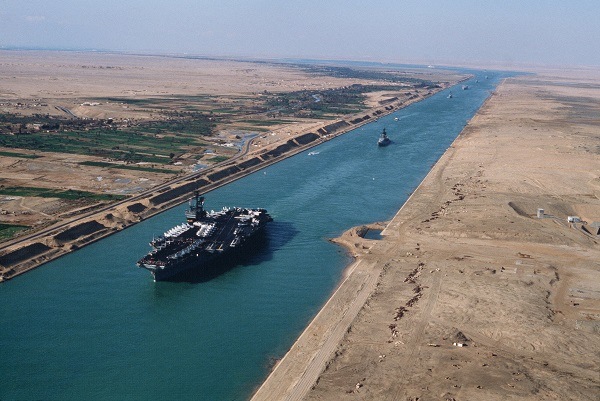
Even more critical: Tall ships and sail-driven craft couldn’t use the canal. It wasn’t wide enough to tack against unfavourable winds.
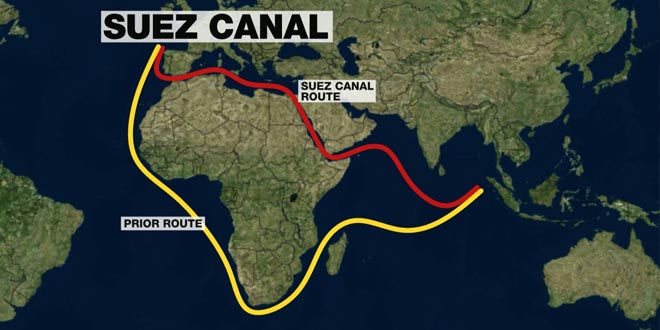
Therefore the only craft able to use the canal were steam ships, with their faster speed. Now the steam ships didn’t need to carry as much coal to get to China, they could reach China faster than sail boats.
It spelled the end of the China Tea trade for sailships.
But the British still got their tea.
Next time you sip a cup of char, consider how it reached your table.
Cheers,
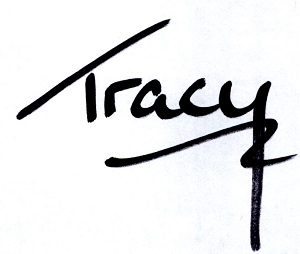
.
Get the news that no one else does. Sign up for my newsletter.
For a short while, you get a bundle of ebooks, free, when you sign up, as a Starter Library. Details here.
I never thought of the coal problem, very interesting. Of course I’ve read about the Suez Canal, but I must embarrassingly say most of my memories of the Canal or from the movie Suez with Tryone Power and Loretta Young , which of course was extremely fictionalized. So much so that the descendants sued; unsuccessfully as I assume the producers somewhere along the line stated that it was based on events, not that they were true events. But I still loved the movie.
Oh, ouch! How awful being sued by the real people! I don’t know if that would happen anymore–most people assume that movies take liberties with actual facts and people, but back then, perhaps people still assumed that movies about real events and people were literal translations.
t.